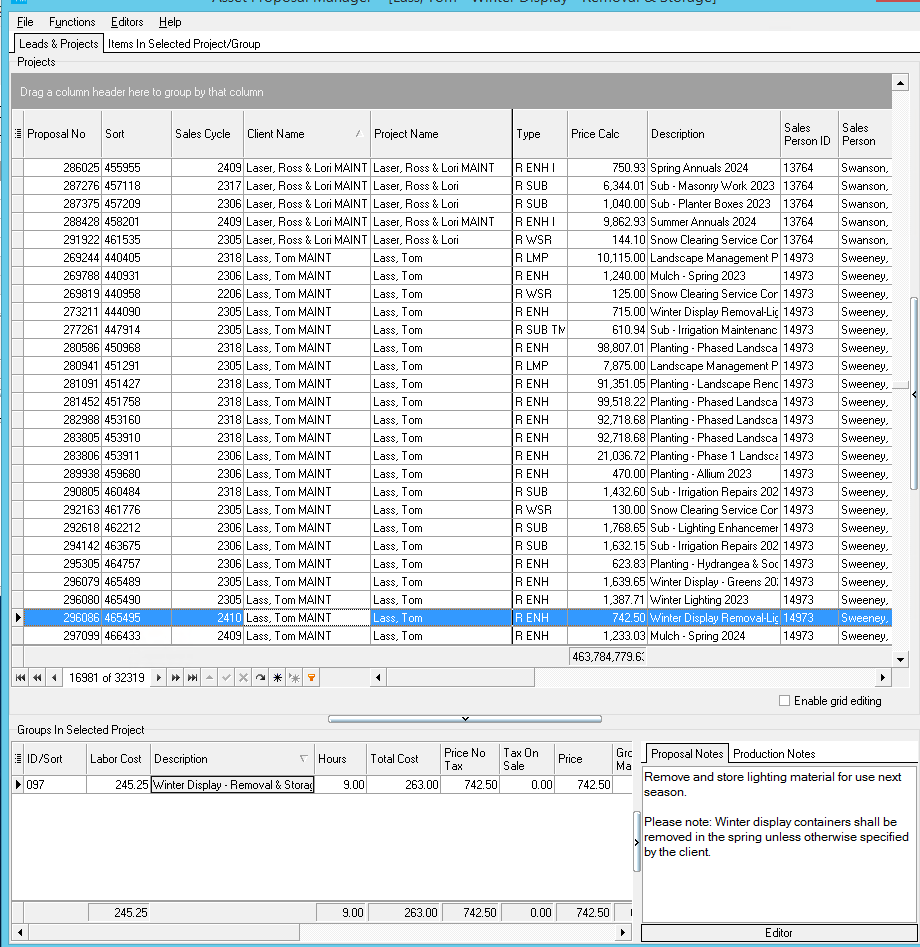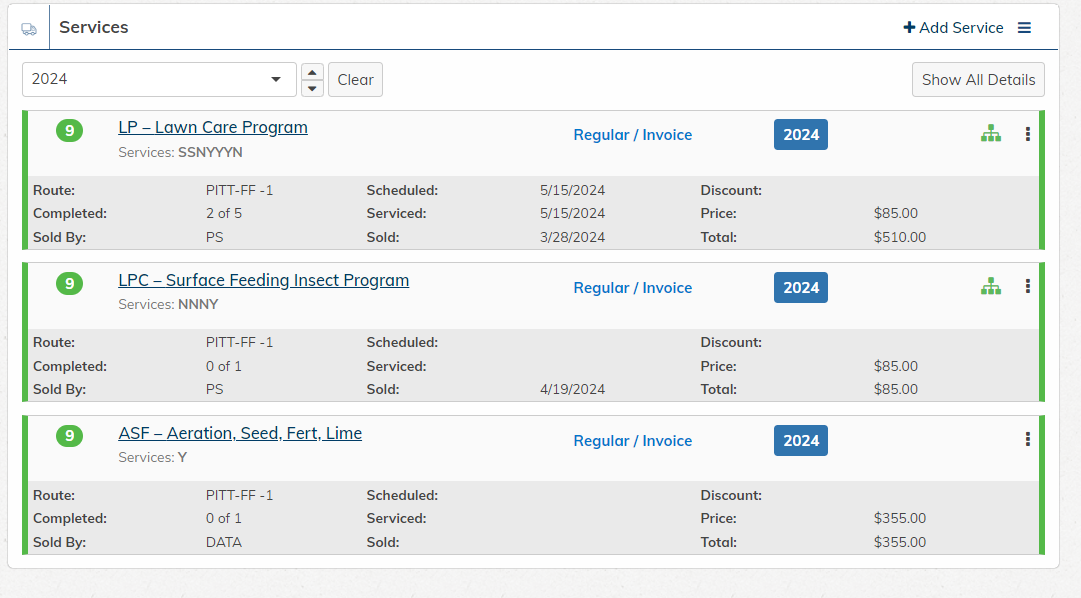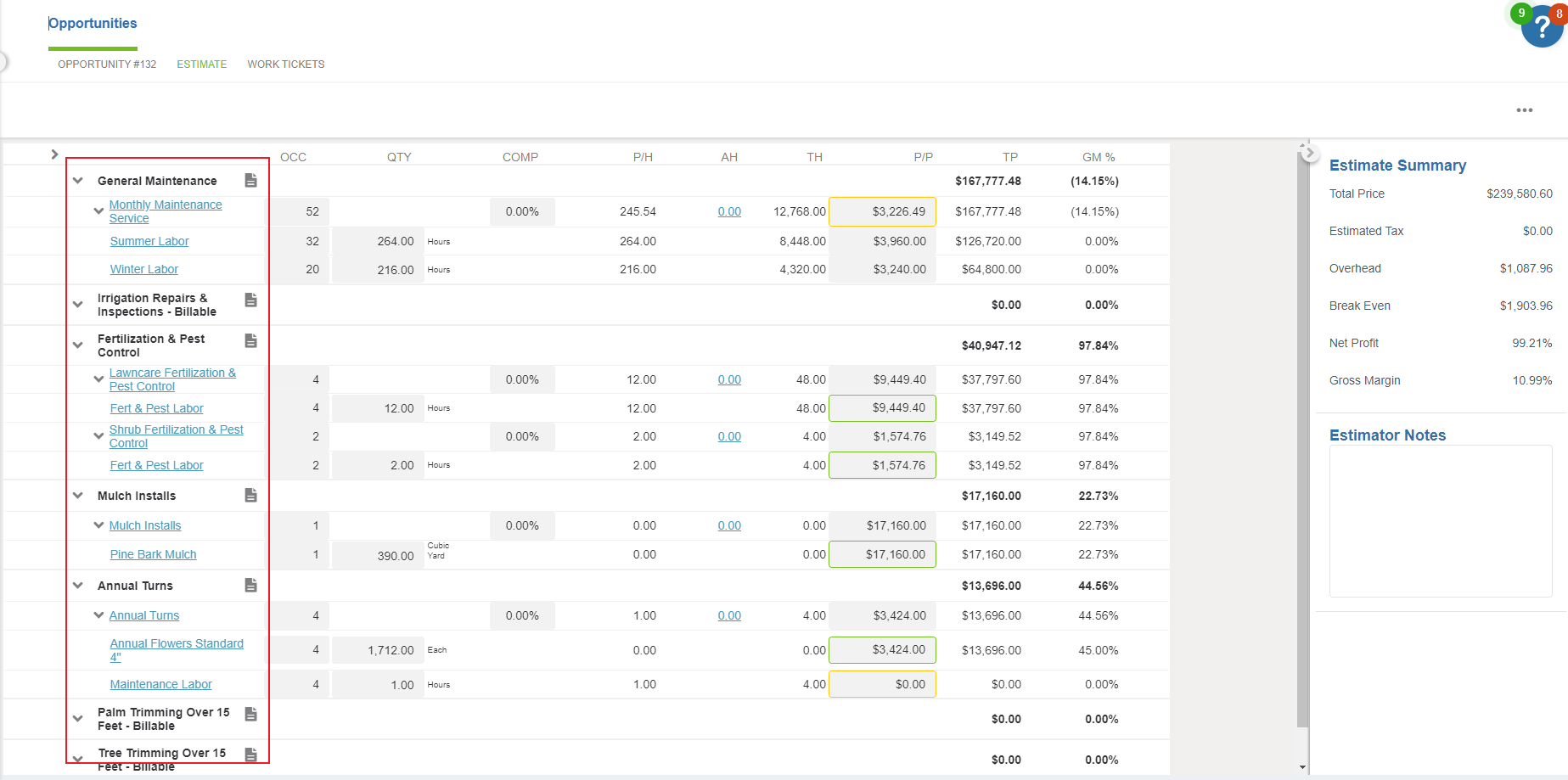Description:
Mismatched service names between different tools or systems can indeed create confusion and hinder data analysis and workflow integration. In a recent transition to Aspire, Companies encountered a significant challenge: the names of services in their prior tool did not align with the service names in Aspire. This inconsistency led to difficulties in accurately identifying and categorizing services, impeding effective data analysis and workflow integration. Without uniformity in service names, cross-referencing data between systems became cumbersome, potentially leading to errors and inefficiencies. Resolving this discrepancy required careful mapping and alignment of service names, ensuring seamless integration and enabling Companies to leverage the full capabilities of the Aspire system for streamlined operations and data-driven decision-making.
Solutions:
Addressing service naming misalignment is essential to streamline migration and ensure clarity in operations during the transition to a new system like Aspire. To achieve this, meticulous attention must be given to reconciling discrepancies between the prior tool and Aspire. Companies undertook a comprehensive analysis of service names in both systems, identifying inconsistencies and gaps. Through this process, they established a standardized naming convention that would promote uniformity and ease of understanding across all departments.
Additionally, they implemented a mapping strategy to translate service names from the prior tool to the standardized format in Aspire, ensuring seamless integration and data continuity. By providing thorough training and support to staff members, Companies ensured that everyone understood and adhered to the new naming conventions, fostering clarity and efficiency in day-to-day operations within the Aspire system. This systematic approach not only facilitated a smooth migration but also laid the groundwork for enhanced data analysis and workflow optimization.
How To:
Conduct a thorough analysis of service naming disparities.
Conducting a thorough analysis of service naming disparities involves a comprehensive examination of service names across different tools or systems to identify inconsistencies and discrepancies. This process begins by compiling a comprehensive list of all services within each system and categorizing them based on their functionality or purpose. Next, each service name is carefully scrutinized to identify variations, misspellings, abbreviations, or other discrepancies that may exist between the systems. Additionally, it’s crucial to assess the context and usage of each service name to understand its significance within the respective systems. Through this analysis, patterns and trends in naming disparities can be identified, helping to inform the development of a standardized naming convention that aligns with industry best practices and promotes clarity and consistency across the organization.
Develop a mapping strategy to align service names between the prior tool and “Aspire.”
- Catalog Services: Compile a comprehensive inventory of service names from both systems.
- Identify Discrepancies: Compare the lists to find naming differences and understand the context of each service.
- Standardize Names: Establish clear naming conventions for Aspire with stakeholder input.
- Create Mapping Tables: Develop tables linking old service names to the new standardized names, automating the process where possible.
- Validate and Test: Cross-verify and pilot test the mapping strategy to ensure accuracy.
- Train and Document: Train users on the new conventions and provide detailed documentation.
- Implement and Monitor: Execute the full migration using the mapping strategy and monitor for any issues.
Customize “Aspire” to accommodate familiar service names or provide clear cross-references.
- Alias Creation: Enable aliases so familiar service names can be used alongside new standardized names.
- Cross-Reference Tables: Integrate lookup tables listing old and new service names for easy reference.
- User Interface Customization: Add tooltips and enhance search functionality to recognize both old and new names.
- Documentation Integration: Embed cross-references in documentation and create FAQs and guides for easy navigation.
Examples:
There are significant changes in the naming convention in the existing tool compared to Aspire. (Shown Below)
1. Existing Tools.

 2. Aspire
2. Aspire

By resolving service naming misalignment, the migration to “Aspire” becomes smoother, enhancing operational clarity and efficiency. This alignment ensures consistent and accurate data interpretation, reduces confusion, and streamlines workflows, ultimately improving the overall user experience and facilitating better decision-making.














